Inability to adapt a major concern for Irish game
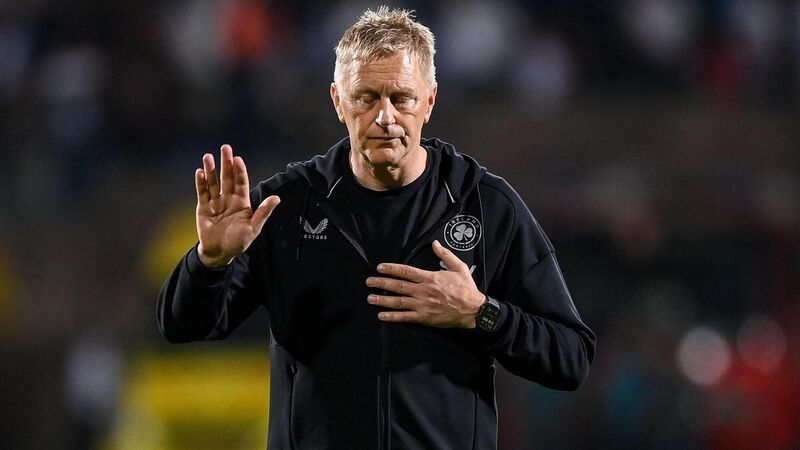
Republic of Ireland head coach Heimir Hallgrimsson gestures to the Irish fans after the FIFA World Cup 2026 Group F qualifying match against Armenia at Vazgen Sargsyan Republican Stadium in Yerevan, Armenia. Picture: Stephen McCarthy/Sportsfile
The optimism behind Ireland making the next World Cup lasted about as long as the bids to get to Áras an Uachtaráin by some notable presidential hopefuls.
Heimir Hallgrímsson had indicated that things in the Irish camp were going well ahead of the week’s qualifying games and the chance of catching Hungary cold at home followed by an expected victory over lowly-ranked Armenia on Tuesday seemed a believable prospect, especially after a couple of positive competitive wins over Bulgaria and Finland. Maybe we were all lulled into a false sense of security from those Nations League results, where in reality, the opposition may not have been as committed to the outcomes as we may have suspected.
After just two minutes against Hungary, reality came crashing home. And while a measure of respectability was restored with the fight-back for the draw at the Aviva, any remaining confidence was wiped out in a truly disheartening and concerning manner in Yerevan.
Tuesday’s humiliation is rightly seen as another low for Irish football. But what is maybe more concerning is that what went wrong in our approach on Saturday was not addressed for Tuesday’s game, allowing Armenia to comfortably set up their formation to deal with whatever Ireland could offer.
In both games, Ireland’s inability to address what was happening on the field is maybe the most unsettling element of the performance.
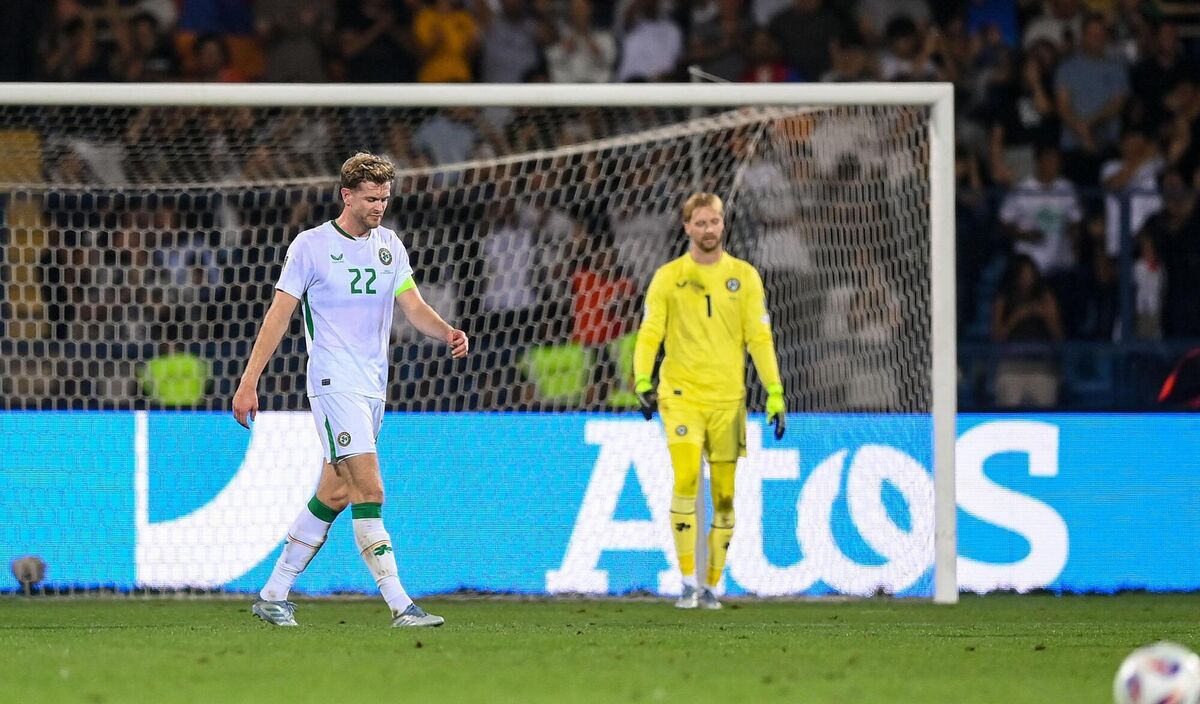
Our defence, lauded as our strongest weapon, struggled to put enough pressure on any Hungarian attack. While they looked flat-footed and tired against the Armenians. Was travel and heat an issue for them? I don’t know, but we are only a few weeks into the season so it seems a stretch to say that players should be tired. Whatever it was, they certainly looked off the pace in Armenia. Nathan Collins and Dara O’Shea and Josh Cullen all had ineffective, leggy, performances against both sides, caught flat to what seemed like obvious through balls. That may be down to the fact that, in both games we completely surrendered midfield to our opponents, who found time and space to set out their attack without much fear of coming under pressure, not to mind fear of losing possession. In the Hungary game, the likes of Milos Kerkez, and Callum Styles comfortably strolled through the Irish lines without fear of a tackle. In both games it was hard to tell if we had a midfield presence at all. And but for Sallai seeing red for a truly inexplicable brain-fart of a tackle, Ireland would not have been able to complete the Hungarian comeback.
That may unfairly take a bit away from the impact of the introduction of Cork’s Adam Idah and more importantly Chiedozie Ogbene. The former Nemo youngster, in particular, added a dynamic impetus to the attack that was completely absent prior to his arrival. Idah’s introduction showed again that he is one of the best at getting that late winner/equaliser at both club and international level. Yet still, that impact was only made possible when the 10-man Hungarians retreated into their final third of the field.
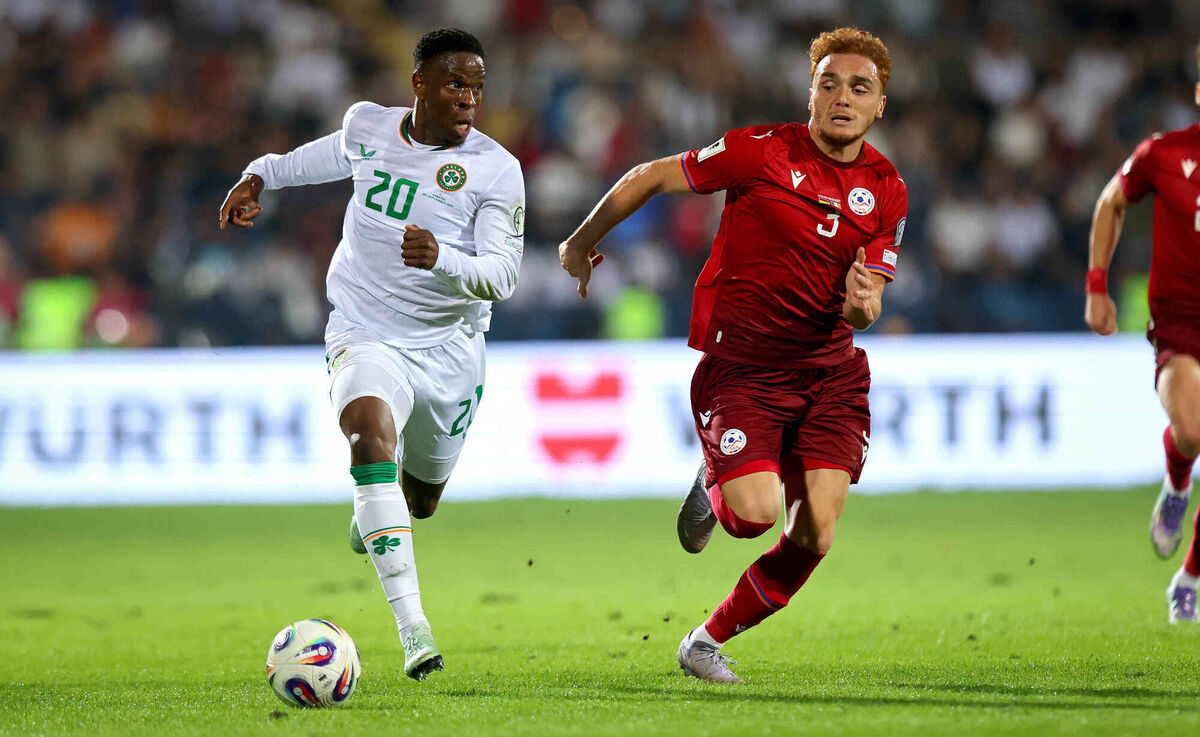
One of the most frustrating elements in both games, was Jake O’Brien being called up to take every throw-in. A strategy that is not so bad for a long lob into the box but achieved nothing when he came up to just drop it two metres to a team-mate. This was especially annoying when we were chasing the game and needed some fast balls from the throw-in to keep up the pressure. But every time the ball went out, we waited for O’Brien to make his way up or across the field to throw in the ball, only to just drop it at the feet of the player just a metre or so away. What was the point of the delay if he was only going to throw-in to the nearest guy that any other team-mate could have done. With Ogbene on, the ball recycling immediately sped up as he would throw it in as soon as it went out.
Also, if we are dropping in a high ball, maybe it would make more sense to have the 6’-6" Corkman at the receiving end rather than the launching end. This is not an attack on O’Brien, who was obviously following orders, but it was just another frustrating element over both games which management didn’t seem able to adjust to circumstances.
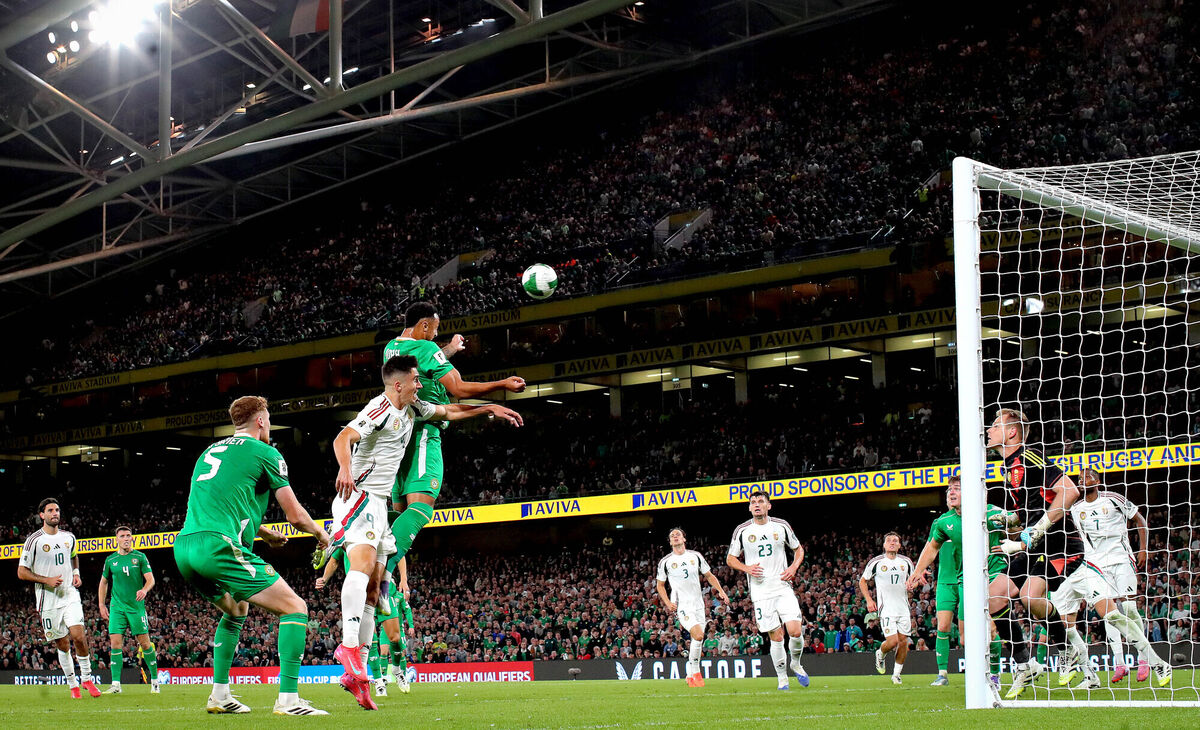
The absence of any midfield presence in both games, made any supply to our attack a scare commodity, with the majority of ball being slow-moving, high lobs into the box that allowed defences the time to organise and close down the Irish forwards. Our three goals, in both games came when we were able to scramble the ball inside the opponent’s defence or put in a fast in-swinger inside the six-yard box, as in Idah’s equaliser.
The high lobs allowed the defenders the time to lap-up the spoils from the breaking ball. It was all too easy and we did nothing to rectify it.
We are now in miracle territory, whereby we need to get results against Portugal and for Armenia to upset the Hungarians, which seems unlikely. We do tend to play to the level of the opposition which will be good against Portugal, but the reality, after just two games, is that we will be looking at another World Cup from the comfort of our living rooms.
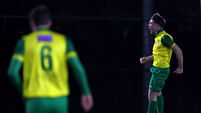
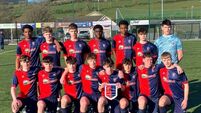


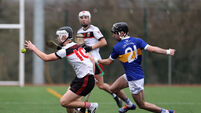
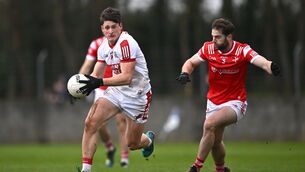



 App?
App?







